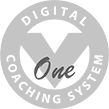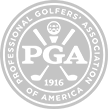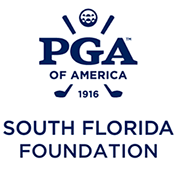Mind Power

by Dr. T. J. Tomasi, Keiser University College of Golf Senior Faculty and Director of Research
Is it possible to scare someone to death? Yes, if you are a witch doctor and your enemy believes in voodoo. Is it possible to have a sham operation on your knee and be cured of arthritic knee pain? Yes, if you believe in the efficacy of the operation then the pain can disappear even if the procedure is a fraud! Is it possible to be cured of depression by taking a sugar pill that has no active ingredients? Yes, if you believe that it’s going to help.
Patient Cure Thyself
So, what is the constant in all of these diverse but counter-intuitive experiences? The common element is that the mind believes it will happen so the body makes physical changes to get it done – for good or for ill!
The phenomena listed above are called placebos where the person prospers because they are placed in a positive frame of mind by their belief and nocebos where the opposite is true. And because of the power they command to affect lives, the scientific literature on both effects is growing rapidly. The stepchild of the placebo/nocebo is superstition. Humans will do whatever they can to exert control over their environment even if it involves some illogical behavior.
Lysann Damisch at the University of Cologne says superstition is like a placebo – it works if you think it does. Apparently, superstition boosts a player’s confidence, which in turn improves performance. ‘Our results suggest’ she says that ‘the activation of a superstition can indeed yield sports performance-improving effects.’ The preceding explains why there is so much more to golf than the physical swing. For many years I have trained both teachers and students on how to run their brains as well as how to swing the club. I wrote a book The 30 Second Swing: How to Train Your Brain to Improve Your Game; where I outline how to take advantage of the powers that control phenomena like placebos, noceboes, and superstition. If we can demonstrate mind-powers that operate in spheres like medicine, religion, and other sports, then why not tap the source of those same powers for your golf game? If you don’t play golf using your brain as well as your clubs then you’ll never max out your potential to play the game.
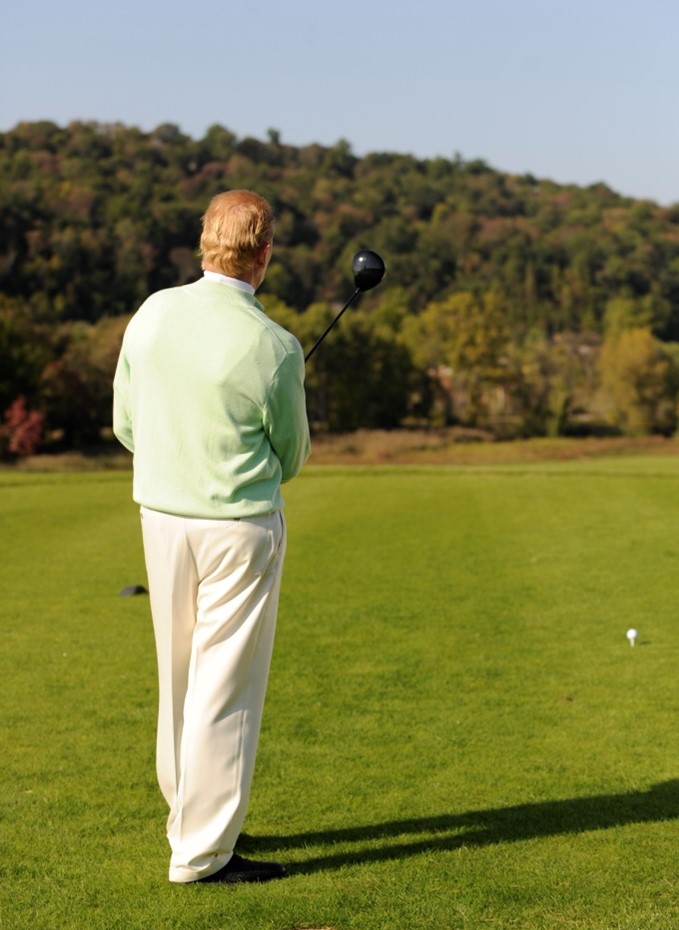
What is this player thinking about? Do the current contents of his brain influence the quality of the shot? You bet it does.
Most golfers will answer 3 seconds when I ask them how long it takes to make their best swing. I tell them the correct answer is 30 seconds. My book – The 30 Second Swing – provides a model for the 30 seconds or so it takes to hit a good golf shot. After you read the evidence contained in this book, you will be convinced that what you do before and after the swing is as important as what you do during the swing. Most importantly, you’ll be able to make a 30-second swing every time.
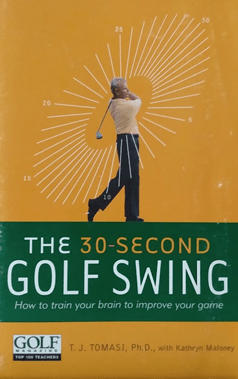
If you’d like to study with Dr. Tomasi and other PGA Master Professionals, contact The College of Golf today.






